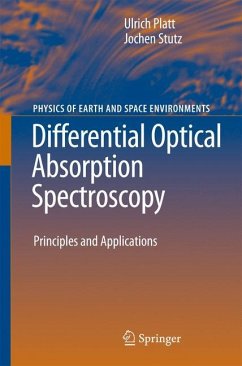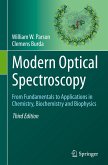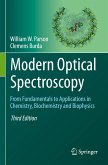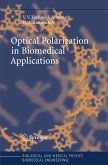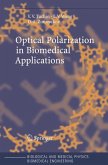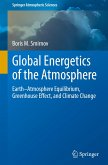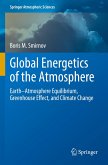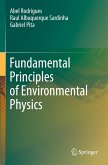Light is the essential source of information about the surrounding world for most of us. We see objects of di?erent brightness and colours, or, in scienti?c terms, we distinguish objects by the way they re?ect light of di?erent wa- lengths with varying e?ciency. It was exciting for both of us to learn that scienti?c instruments can expand our senses and provide information from this very same radiation that goes far beyond the simple recognition of - jects. Theabilityto"see"thecompositionoftheairsurroundingusandabove our heads, to us and others, one of the most fascinating aspects of the app- cation of modern technology to study the atmosphere. This fascination drove many of the applications of the Di?erential Optical Absorption Spectroscopy (DOAS) method presented in this book, and continues to be the motivation for many current developments. DOAS is an elegant and powerful analytical method to study the at- sphere and is based on the relatively simple principles of classical absorption spectroscopy. It has therefore always been quite surprising to us that this method has not found wider use in atmospheric research and air-quality m- itoring. We have introduced many university students and researchers to DOAS, often wishing that we could improve our e?orts with a comprehensive text that describes both the theoretical basis and the practical applications of the method.
Bitte wählen Sie Ihr Anliegen aus.
Rechnungen
Retourenschein anfordern
Bestellstatus
Storno

